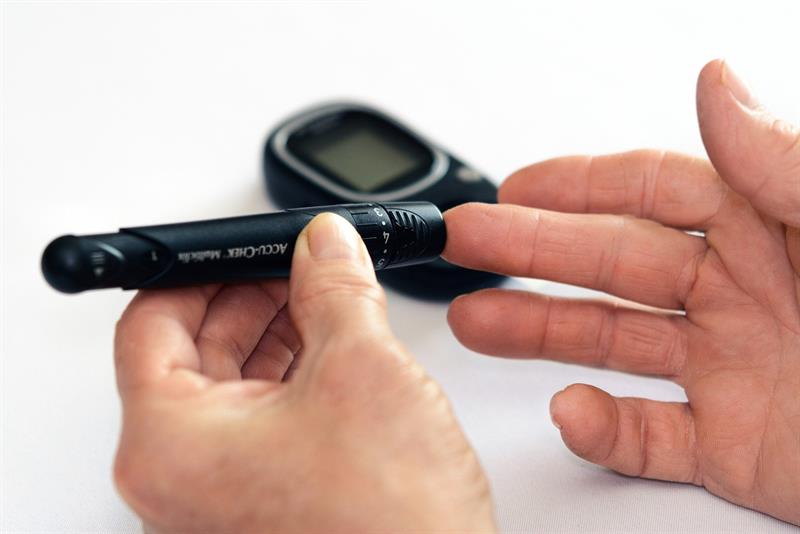In recent years, however, their environmental impact has come under increasing scrutiny. From the materials and energy used in their production and operation to the waste generated by their disposal at their end-of-life, all elements of their use are highlighted by users and the media. Minimising this impact is increasingly part of the tender process from large organisations and health services. In this article, we will explore some of the benefits and best practices of sustainability in MedTech, as well as some of the barriers and opportunities for its implementation.
Benefits of Sustainability in MedTech
Sustainability in MedTech can bring multiple benefits to the environment, society and economy. Some of these benefits are:
- Reducing greenhouse gas emissions and air pollution,
- Saving natural resources and energy,
- Minimizing waste generation,
- Improving product performance and durability and customer perception,
- Enhancing innovation to drive investment and excellence in design in usability and robustness.
Understanding Sustainability in MedTech
What does sustainability in MedTech mean? This depends a lot on the objectives of the business developing the product. For some sustainability is removing all plastics and replacing them with other materials (which may or may not be ‘environmentally friendly’).For some the objective is a reduction in CO2 emissions. Others want to reduce the amount of material going to landfill whilst others are looking to limit the amount of fossil fuel-based polymers used in their products .Of course, there are occasions when a combination of these is desired. Understanding the priority and objective for this is fundamental in choosing the right direction for development.
Sustainability in MedTech can be achieved in different ways through the product development and life cycle. The main areas we typically add the most value are as follows.
Eco-Design
It is at the design stage where you have the greatest opportunity to influence the sustainability of the part. Sympathetic design can retain functionality whilst opening opportunities to use more sustainable polymer solutions. Steps to broaden the potential reuse or recycling of devices can be engineered in as well as looking to strip our complexity, assembly fixings, weight of material, and streamline polymer selection to result in a more eco-considered product.

Material Selection
This is where Ultrapolymers years of experience and a broad range of polymer solutions can add a significant amount of value. The demands of MedTech applications limit what can be used in healthcare applications, with the importance of Medical Grade Plastics, it isn’t a case of being able to introduce any recycled solution into your product. With the need to balance consistency, quality, regulatory approvals, and reliable supply the primary option at this stage is to explore bio-attributed or mass-balanced solutions from the likes of LyondellBasell and Ineos Styrolution (both key partners of Ultrapolymers).Using a bio-attributed material can have a positive impact on the carbon footprint of a component however it’s not the only way to add value. Advances in material technologies mean there are a growing number of solutions to replace other polymers with higher footprints or a weak recycling chain. With an understanding on the key material requirements, Ultrapolymers can open up their extensive range of materials to you to find the right solution for your product both during its life and at the end.
The Production Process
There are multiple factors which impact the sustainability of the production process. Part is geography, choosing a production facility local to the target market ensures that you aren't shipping products back and forth around the globe. Efficient, local, just-in-time production allows for a lean and less Carbon intensive proposal.
It's also worth considering the equipment used to mould these parts, the latest efficient machines used, is there access to green energy sources or on-site renewable energy generation and how can the production process be optimised to minimise waste and capture and re-use any scrap in appropriate applications, even if it's downcycling.
The End of Life
Almost all products at some time will reach the end of their useful life.This necessitates disposal, however, the design choices taken earlier open up the options available to us now.In some cases it's possible for parts to be reused or mechanically recycled.There are developments in ways to put waste through ‘enhanced cleaning’ to use it in similar or downcycled applications.Finally, on the horizon, there is the potential for chemical recycling, a much-heralded but still immature technology which could open up significant, and important, channels to offer further circularity in polymer use.
Barriers to Sustainability in MedTech
Despite the potential benefits of sustainability in MedTech there are barriers to its widespread adoption such as
- Risk: The quality and trustworthiness of medical devices are paramount and steps to introduce recyclability or sustainability could impact on this. With the consequences of failures, recalls or worse the risk/reward balance is a fine line.
-Regulation: To introduce materials other than fossil fuel or bio-attributed grades are a challenge as the regulatory requirements for healthcare applications preclude their use. Finding the low-risk areas to influence is a key first step
-Time: The development cycle of medical devices as well as their life in the market is long. The cost to respecify is significant therefore it’s difficult to justify the time.
- Lack of incentives and resources: Although sustainability is said to be important many end-users want it as a no or low-cost option. Sadly, this is just not an option now, the premium for bio-attributed solutions is noticeable so there must be a real desire for adoption.
However, these barriers also present opportunities for improvement and innovation and that is where, in collaboration with designers, brand owners and converters Ultrapolymers can offer our support and experience in the development of exciting new and sustainable products for diagnostic and MedTech applications.
To start a discussion on how Ultrapolymers can support your sustainable Medtech needs, please contact Ultrapolymers healthcare team using ask.healthcare@ultrapolymers.com or visit our website www.ultrapolymers.com to get your local offices contact details.










